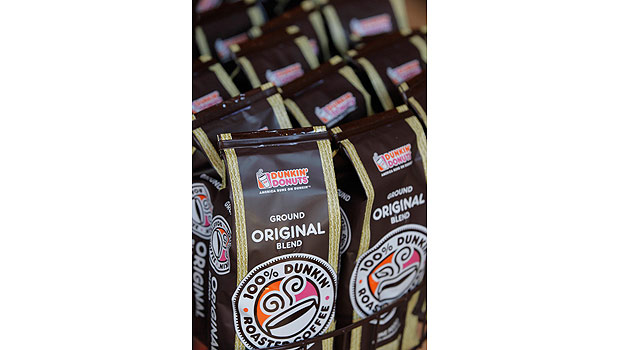Arabica coffee prices hit a 34-year high in May on tight supplies of high quality beans, but as coffee trees take around three years to produce crop, output is not keeping pace with demand.
“Long term, coffee is still going to be a bull market. Demand will outpace supply in the long-term for coffee,” said Nick Gentile, head of trading of commodity fund Atlantic Capital Advisers in Jersey City, New Jersey.
The International Coffee Organization estimates that global coffee consumption rose 2.4 percent to a record 134.0 million 60-kg bags in 2010, while world 2010/11 coffee output is forecast at 133 million 60-kg bags.
To increase world coffee production will take time, the ICO said.
“When you invest today it will take you a three year minimum to get an output from the investment,” the International Coffee Organization’s chief economist Denis Seudieu said.
“Based on this hypothesis the relatively high prices will need to be maintained for another two years because the supply response takes time.”
In the near term farmers are expected to increase fertilizer application and maintenance of their existing crops, to maximise output.
“High coffee prices are undoubtedly an incentive to renovate and make plantations more productive,” Luis Genaro Munoz, head of Colombia’s coffee federation said, adding that sales in fertilizer continue to rise.
Below average production from Colombia, the world’s top grower of high quality washed arabica coffee, has underpinned the rise in prices.
It has produced around 11 million 60-kg bags a year in the past, but output has dropped since 2009 when it had the smallest harvest in more than 30 years due to bad weather and a crop renovation program to replace aging trees.
Colombia’s coffee federation forecasts 2011 production to remain below average at between nine million and 9.5 million 60-kg bags.
The International Coffee Organization has estimated coffee stocks in producing countries at the beginning of the 2010/11 crop year were at the lowest level since it began keeping records in 1965, after arabica beans were drawn down.
Brazil, the world’s largest coffee producer, is expected to see yields increase on the back of increased fertilizer application and better husbandry, analysts said.
Coffee exporters estimate Brazil, which has a biennial crop cycle, will harvest around 45 million 60-kg bags for the coming harvest, the largest off-year crop on record.
But that may not be enough to help rebuild depleted stocks.
“You are likely to get more coffee in about two years,” agribusiness consultant Carlos Henrique Jorge Brando said, estimating that if prices continued at higher levels, farmers could achieve an average 1.5-2 extra bags per hectare.
This would equate to around a 10 percent production increase if it was achieved nationwide.
“Material supply-side relief to arabicas will only be seen in the 2012/13 Brazilian harvest, and until then New York coffee prices will remain elevated,” Macquarie Bank said in a commodities note.
“Brazil’s Naturals will be subject to upside price risks until the 2012/13 Brazilian on season comes round to provide proper supply-side relief.”
Vietnam, the world’s top producer of robusta, a bitter tasting bean often used in instant coffee, is also expected to see increased crop maintenance efforts.
Vietnamese growers and competitors are years away from ramping up output from new plantings, instead pursuing a slow and steady policy of higher yields, which should keep local and global robusta coffee prices high, industry officials and global trade firms said.
The steep rise in coffee prices has prompted coffee roasters to caution that expensive beans could encourage a boom and bust cycle in the next few years.
“What worries me most is this resulting in an explosion in production, like happened in the last big rise in coffee in 1998. Three years later the world was flooded with coffee and that led to lower prices and a crisis in coffee,” Andrea Illy, chief executive of Italy’s Illycaffe.
However, there’s been little talk of new tree planting programs resulting from the high prices, with a supply response limited to what can be achieved by increased maintenance.
“Fundamentally, the balance sheet for the remainder of calendar year 2011 remains very tight,” James Hearn, joint head of agriculture at Marex Financial Ltd said.










